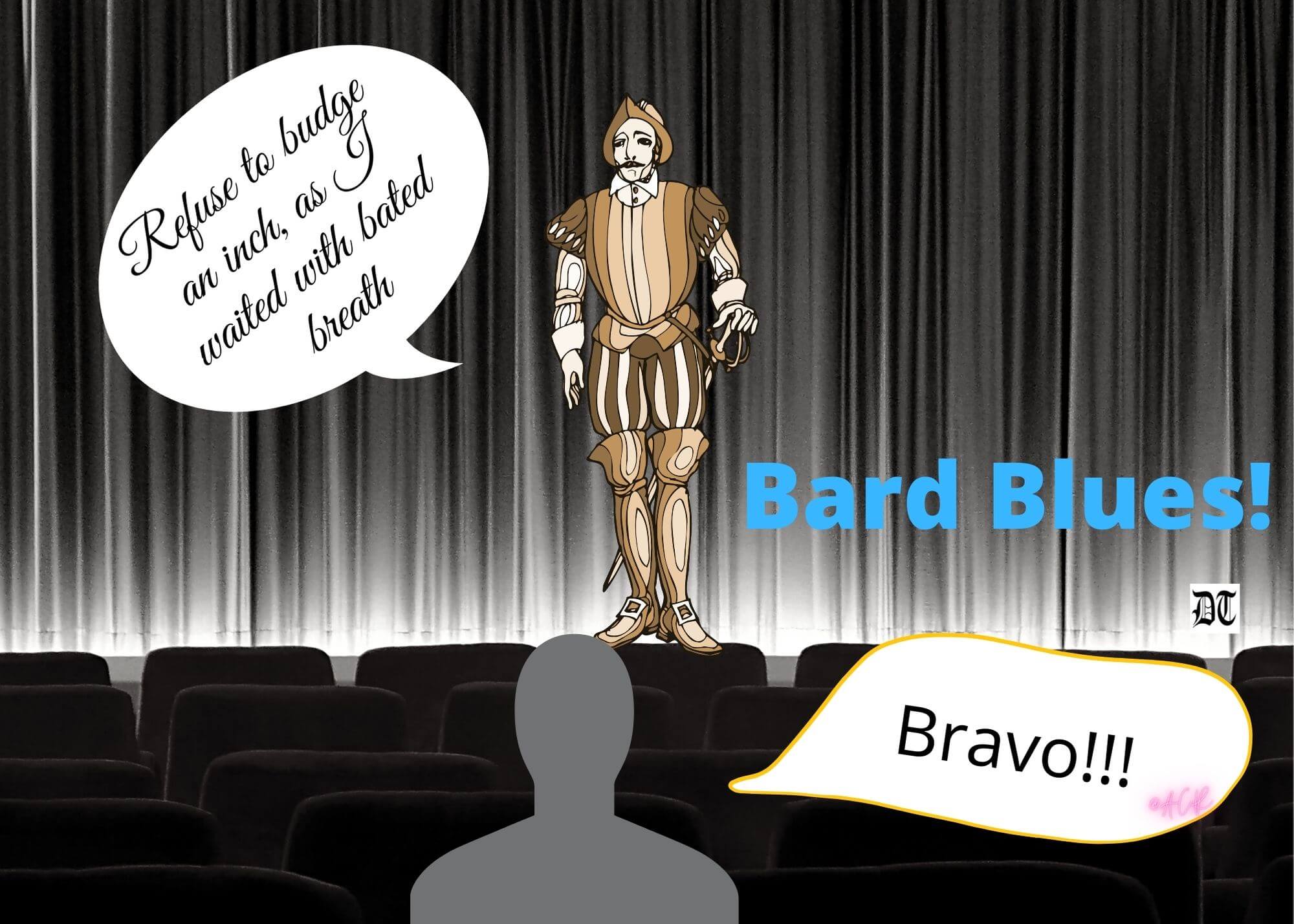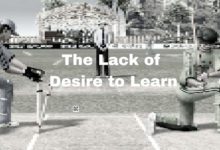Soumya recounts his encounter with the Bard, with wit and humour, exclusively for Different Truths.

My first encounter with the Bard was in a children’s book called Tales from Shakespeare by Charles Lamb and Mary Lamb, and I thought that he was pretty lame and not a patch on Enid Blyton, my favorite writer those days.
Later, of course, we could not escape the Bard, however hard you tried because half the commonly used phrases were coined by him.
There was a joke about it that goes: what’s so great about Shakespeare it’s just a collection of popular quotes and clichés. His genius lay in the fact that the phrases coined by him were so apt and used ad infinitum that they became clichés.
But even so there was a dread about reading him in the original, and the formidable looking leather-bound volumes of his complete works that decorate every educated man’s library remained unread.
But in class eight we had to study Julius Caesar in the original, and that finally got me in close-up with the Bard.
But in class eight we had to study Julius Caesar in the original, and that finally got me in close-up with the Bard.
The plot was exciting for a teenager, with war, intrigues, and murder, but the language was a barrier, and the English teacher had his limitations.
All that remains is Mark Anthony’s speech which we had to memorise for elocution classes, and warning people about the ides of March when the exams began, and et tu brute to friends who let us down.
It was only later that we realised what a brilliant political speech Mark Anthony’s was, and can suit the purpose in any rally even today.
It was only later that we realised what a brilliant political speech Mark Anthony’s was, and can suit the purpose in any rally even today.
Next year, we had a brilliant teacher and a play that we hormonal teenagers lapped up hungrily, Romeo and Juliet.
Now, language was no longer a barrier, and we loved the double entrende in the nurse’s speech more than the poetry of the major players.
This was a passionate story about teenage love where lust rules and no drawing-room romance with platonic platitudes, and the poetry resonated with it.
This was a passionate story about teenage love where lust rules and no drawing-room romance with platonic platitudes, and the poetry resonated with it.
This started a lifelong love affair with the Bard, and his peculiarities in spelling notwithstanding, I devoured the complete plays during summer break. The sonnets defeated me, and till date, I have not revisited them.
In eleventh standard we had The Merchant of Venice, and by now could form independent opinions.
Shylock’s powerful speech against bigotry is valid even today, and our teacher was liberal enough to appreciate that we rooted for him rather than his wimpy victims…
Shylock’s powerful speech against bigotry is valid even today, and our teacher was liberal enough to appreciate that we rooted for him rather than his wimpy victims, and Portia despite being the smart lady, we hoped would lose.
After this college, university, and the corporate world of earning my daily mach-bhat (fish and rice) left little time for the Bard, but you cannot escape him.
For he didn’t write for the critics or academics or even for the royals but for the masses, the cattle class, the mango people of his time, what was then called the groundlings.
Whether East side story or Omkara, Kurosawa or Vishal Bharadwaj, Hollywood or Bollywood, the Bard inspires all, and stage and screen are permanently in his debt. And why not? For he didn’t write for the critics or academics or even for the royals but for the masses, the cattle class, the mango people of his time, what was then called the groundlings. They were his paying customers and almost every play was a Sholay, or a Gone with the Wind, a blockbuster hit, and kept his kitchen fire burning. He knew what the public wanted, and gave them that, and gave them poetry as well. He plagiarised with abandon but transformed ordinary tales into classical art, which have defeated time, and continue to entertain, inspire, and employ academics who study the nuances even today.
I wonder if five hundred years later a seminar would be analysing the poetry behind “Kitne admi thhe” but in the meanwhile, Shakespeare rocks!
Visual by Different Truths





 By
By
 By
By
 By
By
 By
By